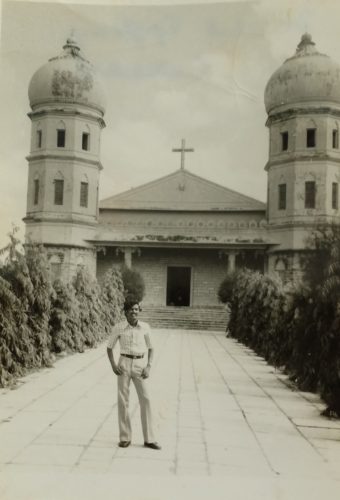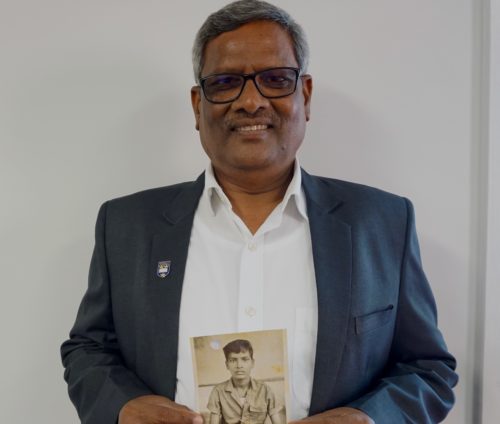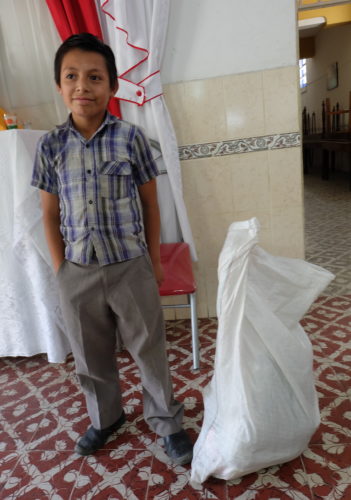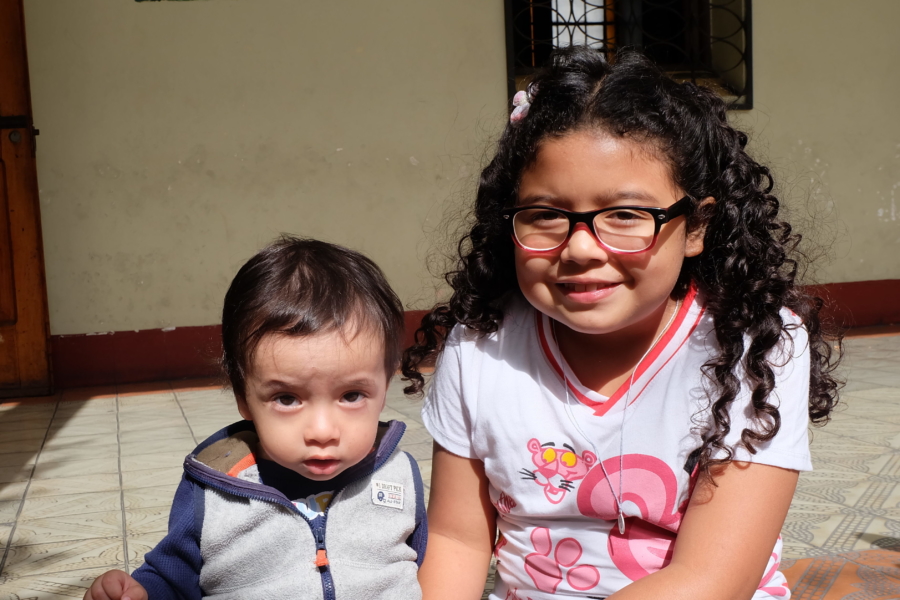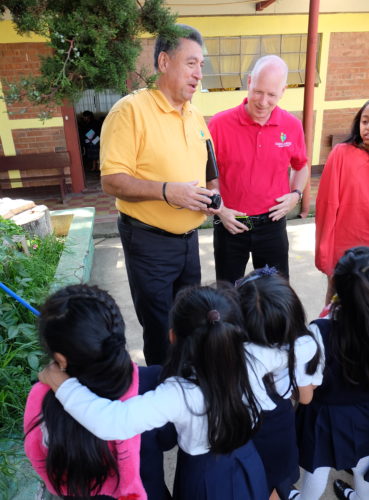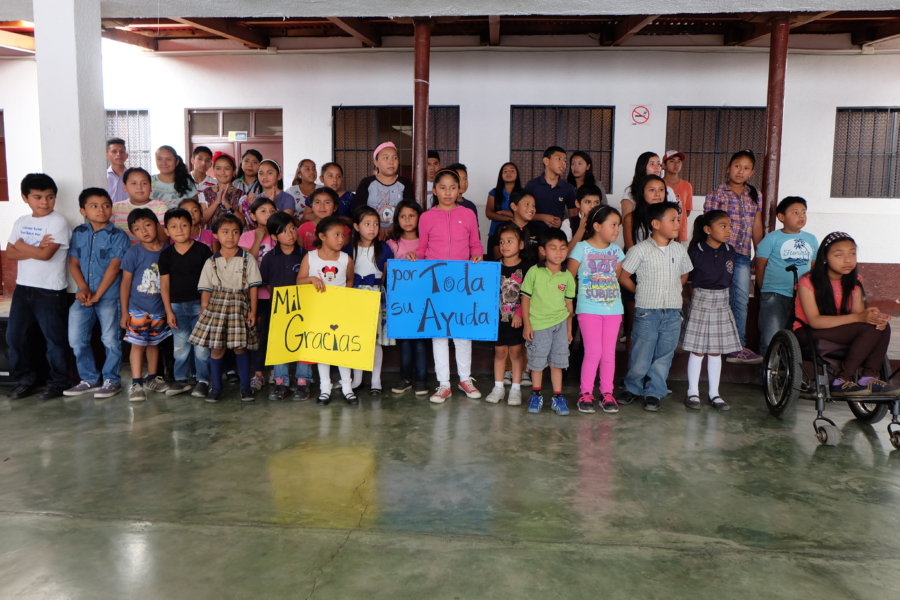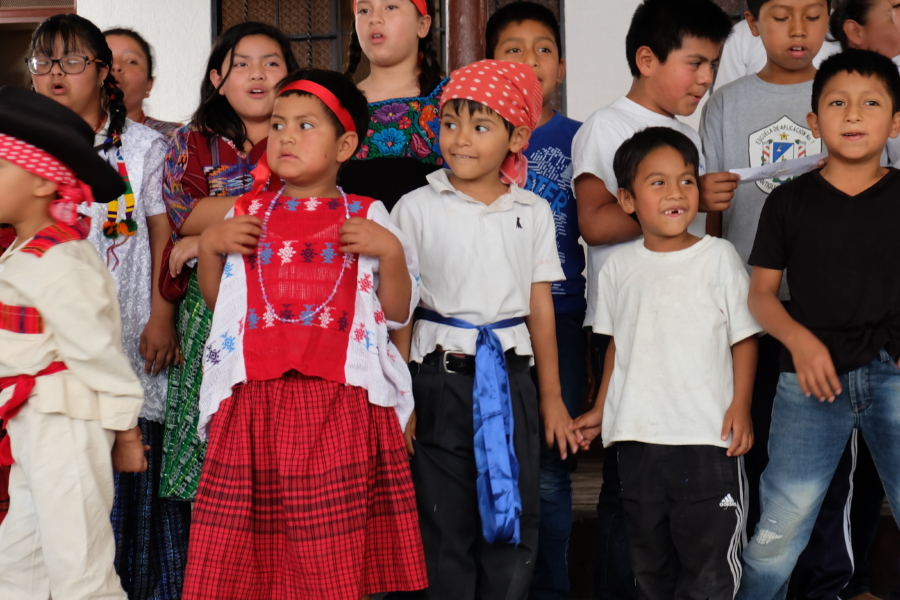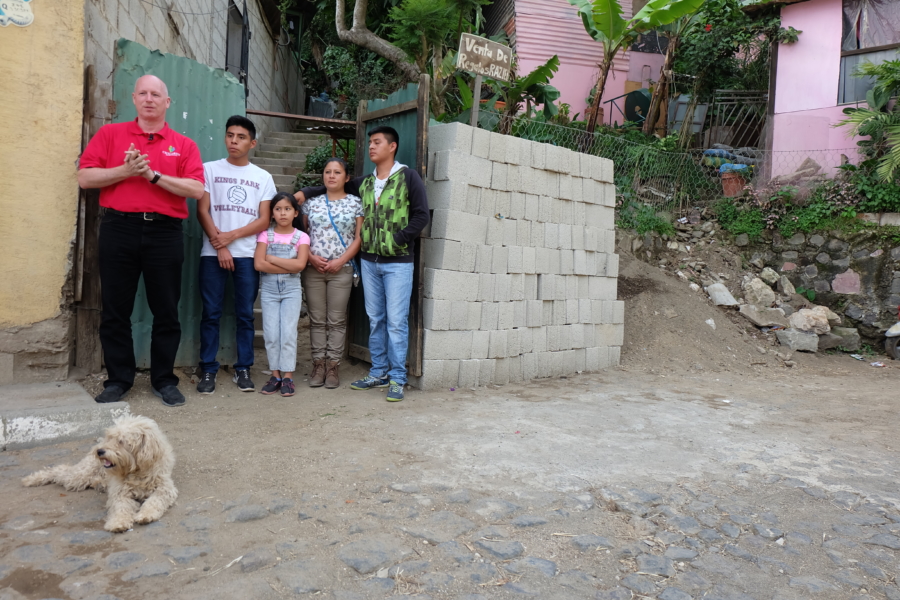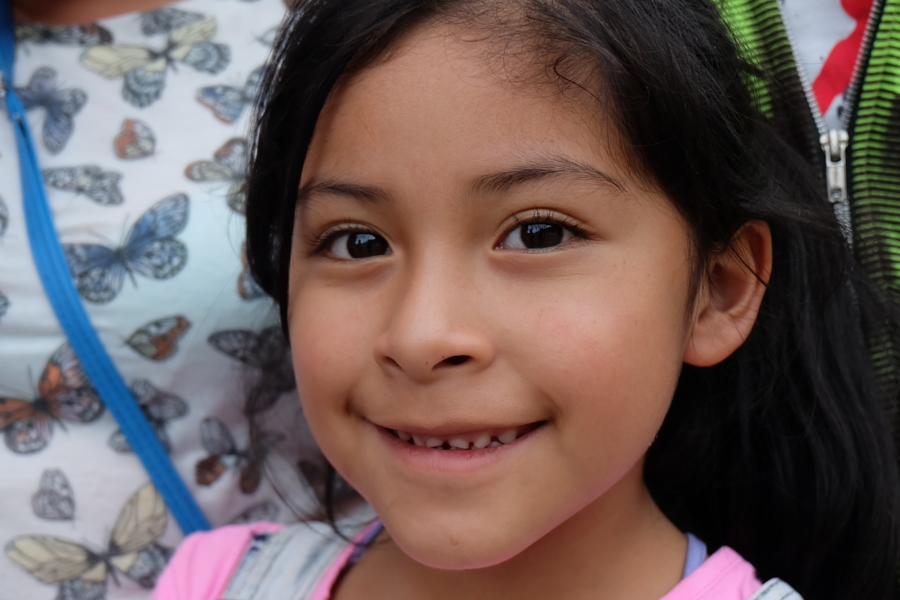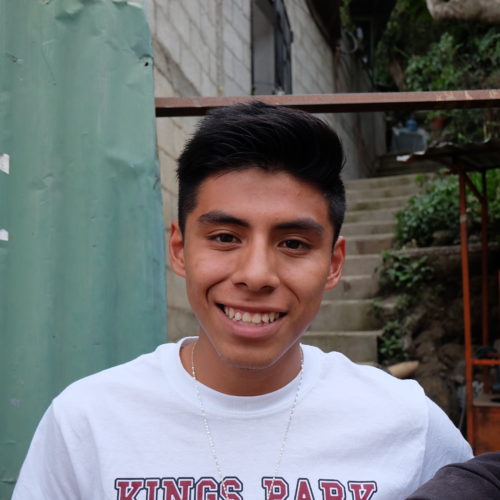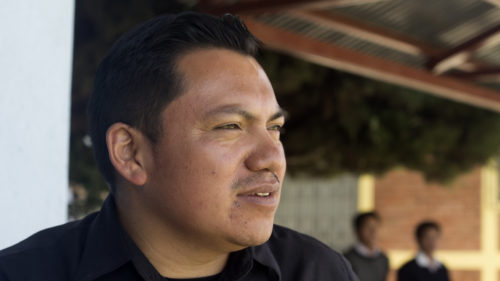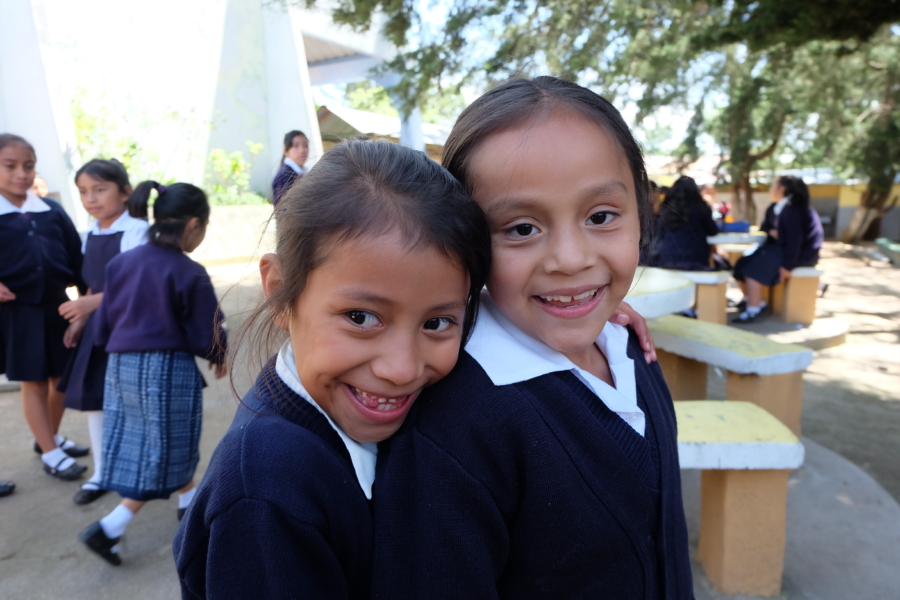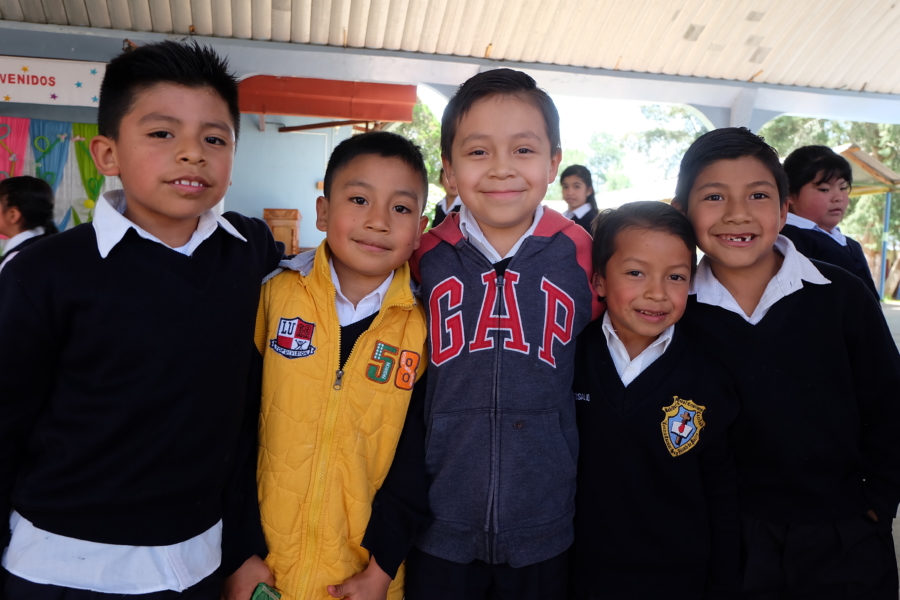Recently, our Director of U.S. Programs, Renée Kube, and our U.S. Projects Specialist, Shelley Oxenham, visited one of our longest-standing and most stable partnerships – the Family Resource and Youth Services Center (FRYSC) of Pike County in Kentucky. Children Incorporated began our outreach in Kentucky not long after the founding of our organization in 1964. At that time, our program was in only one county in the state: Menifee. Unfortunately, when our volunteer coordinator in Menifee County retired a few years later, no one was able to step in and take her place; so that project site was reluctantly closed.
In order to continue helping children in need in the Appalachian Region of the United States, one of our staff members at the time, Dorothy Carver, went to our founder, Mrs. Jeanne Clarke Wood, with an interesting proposal: her husband was relocating for work from Richmond, Virginia, where our headquarters was located at the time, to North Carolina. Mrs. Carver offered to reinstate our Appalachian Division with a focus in western North Carolina, where extreme poverty was rampant. Mrs. Wood agreed; once Mrs. Carver relocated to North Carolina, she began traveling regularly, steadily expanding our sponsorship program in the state.
Today, Children Incorporated is affiliated with all seventeen public schools in Pike County, which is the easternmost and largest county in North Carolina.
A Breakfast for Champions
In 1990, when Mrs. Carver retired, our Appalachian Division consisted of 32 projects in western North Carolina. Her assistant, Irene LeCroy, took her place as the new Appalachian Division Director. Mrs. LeCroy worked hard to continue to expand our work with impoverished children and their families. She wanted Children Incorporated to acquire affiliations in Kentucky, as well as move into West Virginia. It was she who first learned of Kentucky’s newly-developed Family Resource and Youth Services Center. Thanks to Mrs. LeCroy, our first re-affiliations since the early 1970s were in Pike County, Kentucky. The first was Kimper Elementary School in March of 1993 – and more and more were added over the years.
Today, Children Incorporated is affiliated with all seventeen public schools in Pike County, which is the easternmost and largest county in Kentucky, encompassing 788 square miles. It has a rugged mountainous terrain, with narrow river valleys and great scenic beauty. However, the continuing decline of the coal industry has yielded high rates of unemployment; underemployment; and rural out-migration, in which families are forced to leave their homes in search of steady work elsewhere. The county’s child poverty rate is 29 percent – and twelve percent of those kids live in deep poverty, in which their families’ incomes are less than half the poverty threshold.
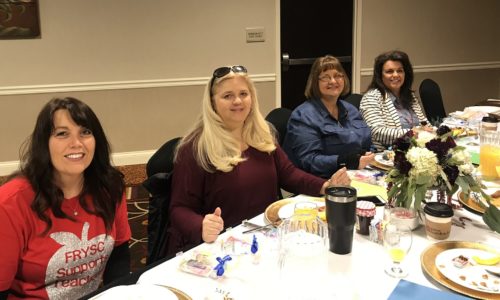
We are incredibly grateful for our coordinators in Pike County, who work hard every day to ensure children’s needs are met.
Since this year marks Children Incorporated’s 25th anniversary of our work in Pike County, Renée and Shelley decided to start their week-long trip of visits to our affiliated schools in the area with a breakfast meeting to acknowledge the FRYSC coordinators, who also serve as our volunteer coordinators. Renée and Shelley invited all seventeen coordinators, as well as Mr. Robert Osborne, who is the Director of Federal Programs for the Pike County Board of Education, and who supervises our coordinators there.
Renée and Shelley hosted a fun breakfast, getting all the coordinators together to reminisce about how Children Incorporated sponsors and donors have facilitated their work helping kids in Eastern Kentucky over the years. Renée and Shelley also made it a point to express their gratitude to the coordinators for dedicating so much time and effort to ensuring that their students benefit fully from their sponsors’ crucial support.
***
HOW DO I SPONSOR A CHILD IN KENTUCKY?
You can sponsor a child in Kentucky in one of two ways: call our office at 1-800-538-5381 and speak with one of our staff members, or email us at sponsorship@children-inc.org.

